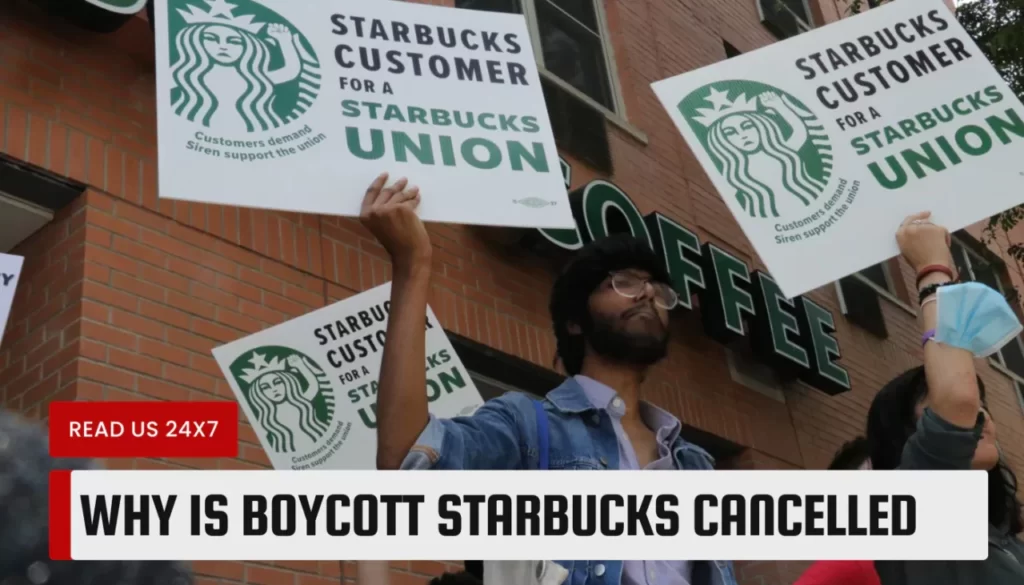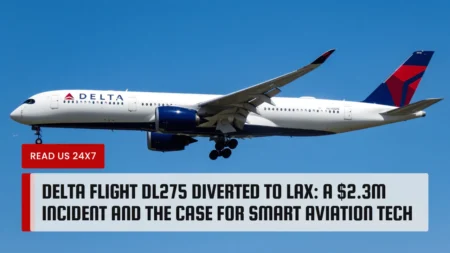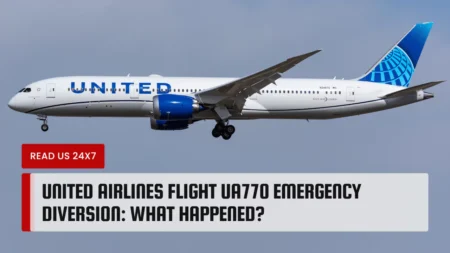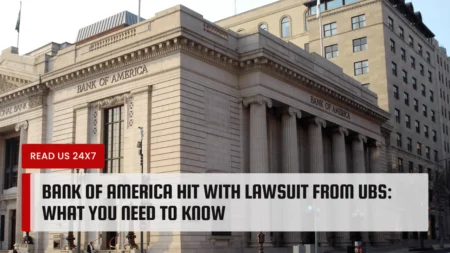The boycott Starbucks campaign, which started in 2022 as a protest against the coffee giant’s anti-union stance and involvement in the Middle East war, has been officially cancelled by the organizers. The reason behind this decision is the lack of support and impact of the boycott, as well as the legal troubles faced by the union and the company. This article will explore the history and the consequences of the boycott Starbucks movement, and what it means for the future of Starbucks and the labor movement.
Starbucks Facing Controversy
Starbucks, the world’s largest coffee chain, has been facing controversy and criticism for its business practices and policies for years. Some of the major issues that have sparked public outrage and boycotts are:
- Lost $11 billion in market value: In 2021, Starbucks reported a sharp decline in its revenue and profit, as well as a loss of $11 billion in market value, due to the COVID-19 pandemic and the social unrest in the US. The company also faced backlash for its handling of the health and safety of its employees and customers, as well as its response to the Black Lives Matter movement and the Capitol riot.
- Unionization: Starbucks has been notorious for its anti-union stance and tactics, such as firing, intimidating, and discriminating against workers who try to organize or join unions. The company has also been accused of violating labor laws and human rights in various countries, such as China, Ethiopia, and Colombia. In 2022, a group of Starbucks workers in the US formed the Starbucks Workers United (SWU), a union affiliated with the Industrial Workers of the World (IWW), to demand better wages, benefits, and working conditions. The SWU also launched the boycott Starbucks campaign, calling on consumers to stop buying Starbucks products and support local and independent coffee shops instead.
- Boycotts related to Middle East war: In 2022, Starbucks became embroiled in a political controversy when it was revealed that the company had signed a contract with the US Department of Defense to supply coffee and other products to the US troops stationed in the Middle East. The contract was worth $500 million and was seen as a sign of Starbucks’ support for the US-led war in the region, which had caused widespread death, destruction, and displacement. The contract also violated the company’s own ethical sourcing standards, which prohibit doing business with countries that violate human rights or are involved in armed conflicts. The contract sparked outrage and boycotts from anti-war activists, human rights groups, and consumers around the world, who accused Starbucks of profiting from war and bloodshed.
The Impact of Boycotts on Starbucks
The boycott Starbucks campaign, which was endorsed by celebrities, politicians, and social media influencers, aimed to hurt Starbucks’ sales, reputation, and market share, and force the company to change its policies and practices. However, the campaign failed to achieve its goals, as the impact of the boycotts on Starbucks was minimal and short-lived. Some of the reasons for the failure of the boycotts are:
- Financial losses: The boycotts did not cause significant financial losses for Starbucks, as the company was able to recover from the pandemic and the social unrest, and report a growth in its revenue and profit in 2023. The company also diversified its products and markets, and expanded its presence in emerging and high-growth regions, such as Asia, Africa, and Latin America. The company’s loyal customer base and strong brand loyalty also helped it to retain and attract customers, despite the boycotts and the competition from other coffee chains and alternatives.
- Damage to reputation: The boycotts did not damage Starbucks’ reputation, as the company was able to maintain its image and credibility as a socially responsible and environmentally friendly company, despite the controversies and criticisms. The company also engaged in various corporate social responsibility (CSR) initiatives, such as donating to charities, supporting local communities, promoting diversity and inclusion, and reducing its environmental impact. The company also responded to the boycotts and the public pressure by issuing apologies, statements, and pledges, and by making some changes in its policies and practices, such as increasing its minimum wage, improving its health and safety measures, and ending its contract with the US Department of Defense.
Lawsuits and Legal Battles
The boycott Starbucks campaign also resulted in lawsuits and legal battles between the union and the company, which added to the costs and complications of the campaign. Some of the major lawsuits and legal battles are:
- Union sues for defamation: The SWU sued Starbucks for defamation, claiming that the company had spread false and misleading information about the union and the boycott, and had tried to discredit and undermine the campaign. The union alleged that Starbucks had hired a PR firm to launch a smear campaign against the union and the boycott, and had used its social media platforms, websites, and newsletters to spread lies and propaganda. The union also claimed that Starbucks had violated the National Labor Relations Act (NLRA), which protects the rights of workers to organize and engage in collective action. The union sought damages and injunctive relief from the court.
- Starbucks sues to stop union from using name and logo: Starbucks sued the SWU to stop the union from using the Starbucks name and logo in its campaign materials, such as flyers, posters, stickers, and banners. The company argued that the union had infringed on its trademark rights and had caused confusion and deception among the consumers. The company also claimed that the union had engaged in unfair competition and had damaged the company’s goodwill and reputation. The company sought damages and injunctive relief from the court.
The Future of Starbucks and the Labor Movement
The boycott Starbucks campaign, which was cancelled in 2024, has left a lasting impact on the future of Starbucks and the labor movement. Some of the possible implications and outcomes of the campaign are:
- Impact of boycotts on labor movement: The boycott Starbucks campaign, which was one of the largest and most organized labor campaigns in recent history, has shown the potential and the challenges of the labor movement in the modern era. The campaign has demonstrated the power and the influence of the workers, the consumers, and the social media in shaping the public opinion and the corporate behavior. The campaign has also highlighted the difficulties and the obstacles of the labor movement, such as the legal and political barriers, the corporate resistance, and the consumer apathy. The campaign has inspired and encouraged other workers and unions to fight for their rights and interests, but also cautioned them to be realistic and strategic in their goals and methods.
- Potential changes in company policies and practices: The boycott Starbucks campaign, which was aimed at forcing Starbucks to change its policies and practices, has had some positive and negative effects on the company. On the one hand, the campaign has pushed Starbucks to make some improvements and reforms in its policies and practices, such as increasing its minimum wage, improving its health and safety measures, and ending its contract with the US Department of Defense. On the other hand, the campaign has also hardened Starbucks’ stance and attitude towards the union and the workers, and has made the company more defensive and aggressive in its legal and PR strategies. The company has also become more cautious and conservative in its business decisions and innovations, and has focused more on its core products and markets.
Conclusion
The boycott Starbucks campaign, which was cancelled in 2024, was a remarkable and controversial phenomenon that has shaped the history and the future of Starbucks and the labor movement. The campaign, which started in 2022 as a protest against Starbucks’ anti-union stance and involvement in the Middle East war, has failed to achieve its goals, as the impact of the boycotts on Starbucks was minimal and short-lived. The campaign also resulted in lawsuits and legal battles between the union and the company, which added to the costs and complications of the campaign. The campaign has left a lasting impact on the future of Starbucks and the labor movement, as it has shown the potential and the challenges of the labor movement in the modern era, and has pushed Starbucks to make some changes in its policies and practices, but also made the company more resistant and hostile towards the union and the workers. The campaign has also raised important questions and issues about the role and the responsibility of the corporations, the workers, and the consumers in the society and the economy.








